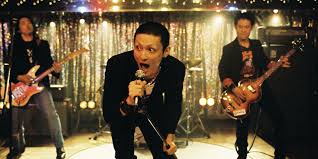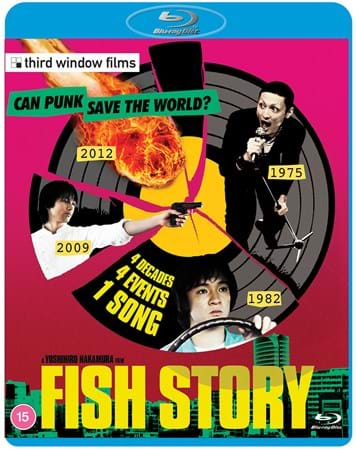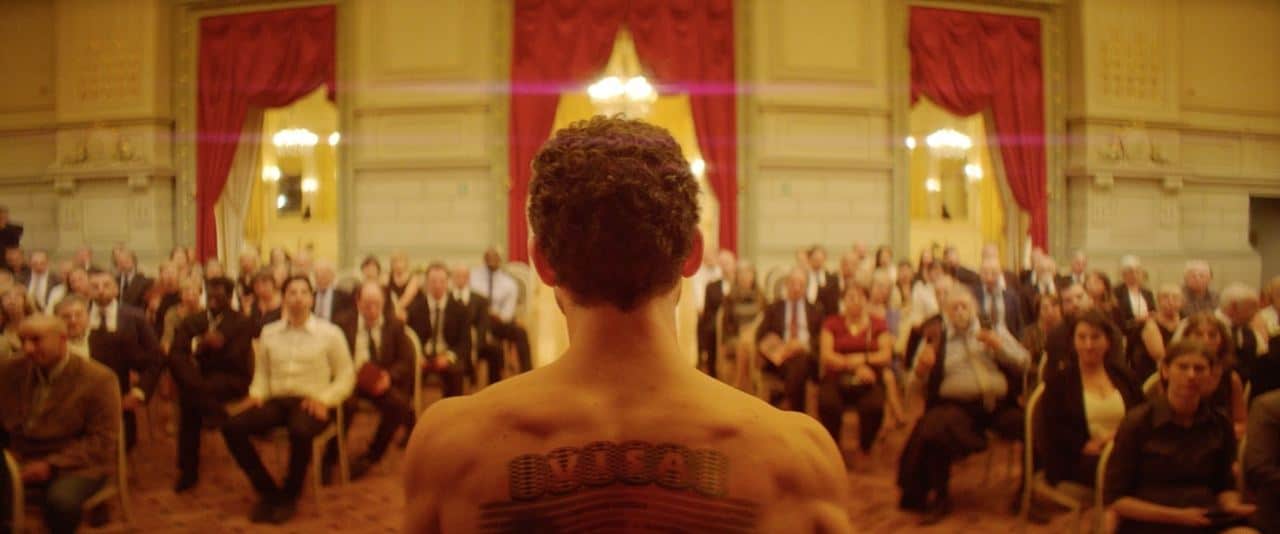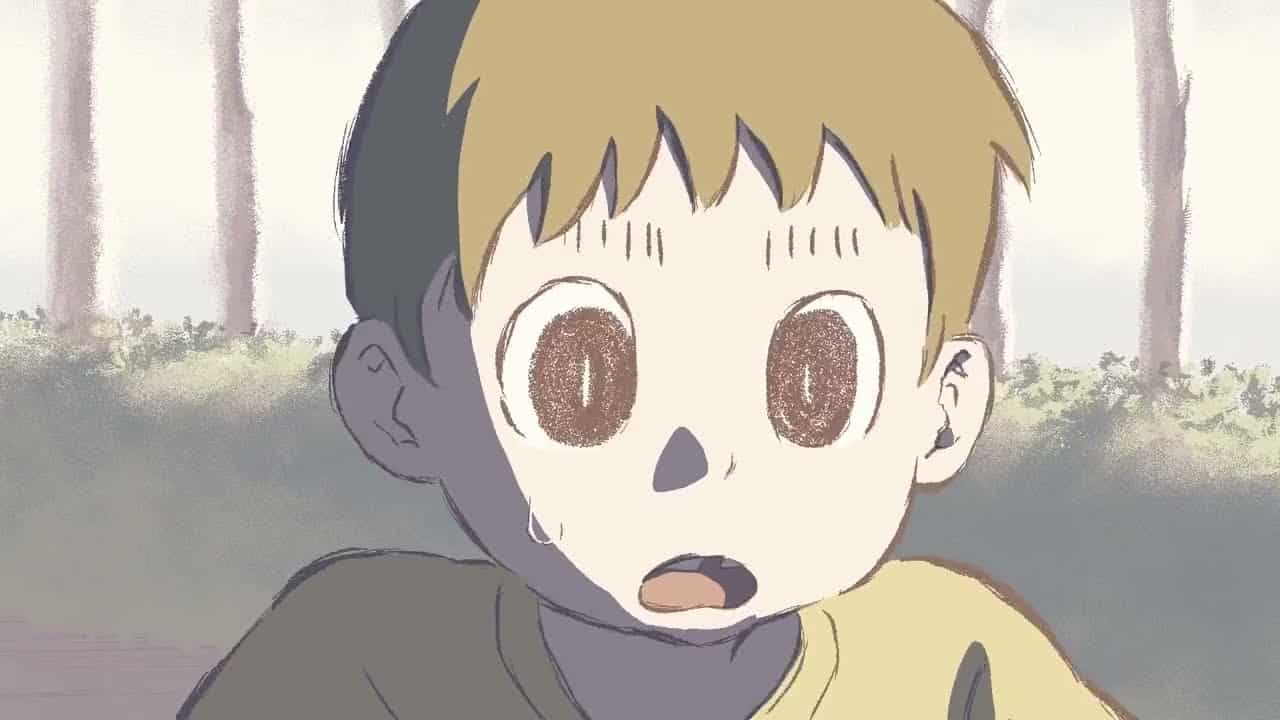When punk emerged in the mid-70s, starting its journey across the globe, its music fashion and hairstyles defined an attitude opposed to the ideals of society, especially the growing return to conformity and the politics of that time. Bands like The Stooges and Sex Pistols set out to add the soundtrack consisting of a rejection of bourgeois ideas of rhythm and harmony, basically everything which then stood for mainstream, a definite counterpart to the yuppie culture, especially in the 1980s. Even though the heart of the movement, depending on who you ask, lies in Great Britain or the USA, punk also spread to Japan where it became a lively sub-culture with bands like Friction or The Stalin being two of the most famous ones. Somewhat ironically it is this movement, its music and its attitudes which is at the heart of Yoshihiro Nakamura's “Fish Story” and possibly the reason why the end of the world can be prevented in the last minute.
Buy This Title
Although the story of the movie is set in various time periods, the narrative framework is set in 2012 when a giant comet threatens to destroy the earth. Much to his surprise, one of the remaining inhabitants of Tokyo, Taniguchi (Kenjiro Ishimaru) finds a record shop which is still open and whose owner (Nao Omori) seems oblivious to the impending doom. Instead, he starts talking about a song named “Fish Story” performed by a band called Gekirin on their first and only album in 1975.
Starting from this foundation, the movie jumps between 1975, when the band recorded their album, to 1982 and also to 2009, connecting various events, the quarrel within the band about their record deal, the conflict of a man unable to stand up for himself and the hijacking of a ferry to Hokkaido, to the lyrics and the history of the song. However, as the end of the world approaches, with all hope being abandoned, the song might just be the last opportunity for mankind to save itself from extinction.
Adapted from Isaka Kotaro's novel of the same title, Hayashi Tamio's script frequently explores the founding ideals of the punk movement, especially through the means of music. In particular the opposition towards an established order whose hierarchy and concepts have led to fatalism and encouraged cowardice as well as conformism are exposed to be the foundation of the kind of doom the world has to face. During one of their exchanges, the owner of the record shop explains the myth behind the story and his belief that music will finally save the day, something Taniguchi only makes fun of by ridiculing the owner, his only costumer and the song itself, while he is also exposed as being a fatalist and the founder of a doomsday cult. Since he had already predicted the end of the world, based on Nostradamus' prophecies, the comet may fulfill what his system stands for.
Through the various episodes, the positive attitude towards punk and music in general becomes quite clear. While nonsensical to some, especially the likes of Taniguchi or the band's producer (a man frequently asking them to “mellow it down” and “slow it down to make their music palatable to mainstream audiences), it is also shown to be the creation of something new, as the meaning of the song shifts within each segment, for example, as an encouragement to step up or be a “champion of justice”. Via the means of exaggeration – after all a “fish story” is also said to be an exaggerated story – “Fish Story” becomes a humorous parable on the power of music, overcoming borders of time and space.
“Fish Story” is an enjoyable story about music, punk and how it can save the world. Through its script, cleverly weaving together multiple characters and periods, Yoshihiro Nakamura has managed to tell a funny and quite entertaining story with likable characters and much humor.
















